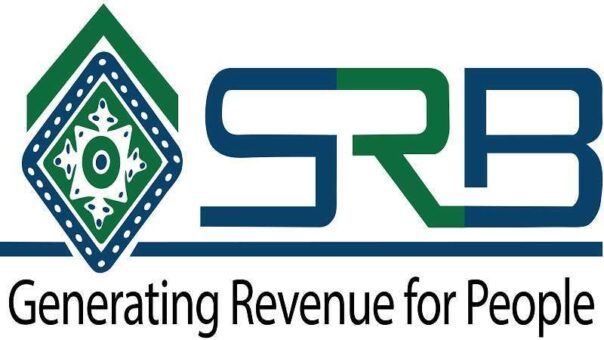Karachi, February 3, 2025 – In a historic move, the Sindh government has officially approved the imposition of an agricultural income tax, marking a significant policy shift aimed at enhancing fiscal discipline and revenue generation.
This landmark decision will come into force following its passage in the Sindh Provincial Assembly.
According to a statement released by the Sindh Revenue Board (SRB), the approval of the Sindh Agricultural Income Tax Law aligns with the commitments set forth in the National Fiscal Pact between the federal and provincial governments. The proposed law is designed to streamline tax collection mechanisms, enhance financial accountability, and ensure a fair contribution from the agriculture sector, which remains a cornerstone of Sindh’s economy.
Key Provisions of the Agricultural Income Tax Bill
Under the new framework, the SRB will be entrusted with the collection and enforcement of the agricultural income tax, ensuring a more efficient and structured approach. The Sindh Agricultural Income Tax Bill, 2025, is set to take effect from January 1, 2025, introducing a progressive tax regime for agricultural earnings.
• Tax Exemptions and Rates:
o Agricultural income up to Rs. 600,000 annually will remain exempt from taxation.
o Income exceeding Rs. 5.6 million annually will be subject to a maximum tax rate of 45%.
o A progressive super tax has been introduced:
— No super tax for annual agricultural income up to Rs. 150 million.
— A maximum super tax of 10% will apply to income exceeding Rs. 500 million annually.
• Corporate Farming and Digitalization:
o The law extends taxation to corporate farming, bringing small agricultural companies under a 20% tax rate, while larger corporations will be taxed at 29%.
o Livestock has been excluded from the agricultural tax net.
o The advance agricultural income tax, previously linked to land cultivation, will no longer be imposed.
o The tax payment, collection, and filing process will be fully automated, enhancing efficiency and minimizing tax evasion.
A Major Policy Shift in Agriculture Taxation
The delegation of agricultural income tax administration to the SRB underscores a major policy transformation, leveraging the board’s proven expertise in tax collection and its advanced business processes. This bold reform is expected to:
• Broaden the tax base, ensuring that the agriculture sector contributes equitably to provincial revenue.
• Improve transparency in agricultural income assessments.
• Bolster Sindh’s fiscal health while reinforcing tax compliance within one of Pakistan’s most crucial economic sectors.
With agriculture forming the backbone of Sindh’s economy, this new taxation framework is a pivotal step toward ensuring sustainable revenue generation and economic resilience.
